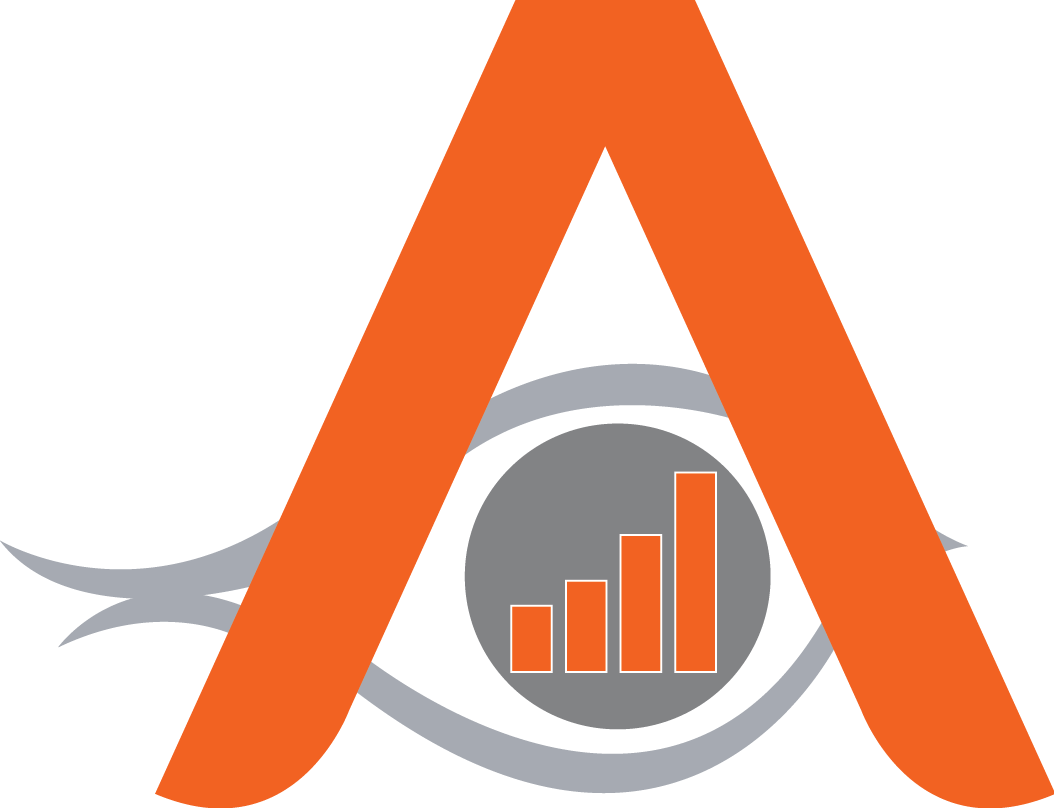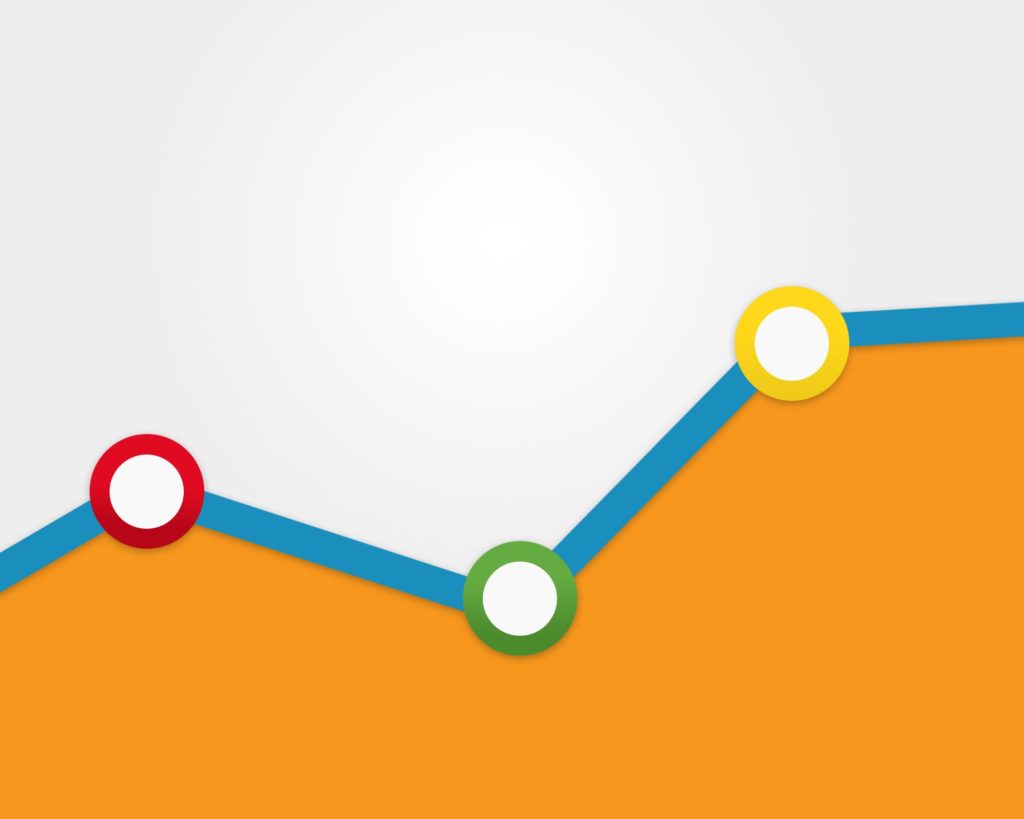A Guide to Predictive Analytics Marketing
By Steven Czyrny
According to a Forbes Study, about 86% of big companies in North America revealed to have applied predictive analytics marketing. This technology has had a positive return on investment.
Predictive analytics is all about techniques of leveraging present customer data to make future predictions. It involves many activities from data mining to predictive modeling.
What is Modeling in Predictive Analytics Marketing?
Many prominent global companies rely mostly on predictive marketing. With an effective analytics model in place, it is easier to analyze customer behavior and trend.
Predictive modeling is a process in which data mining and probability are used to forecast outcomes. The models are made up variables that act as predictors of the final result. A statistical model is then formulated to work on the collected data.
Modeling depends on proprietary techniques to transform data into results. It has three primary classes;
Propensity models
Cluster models
Collaborative filtering
Propensity models are used to give accurate predictions about customer behavior. The likelihood of customer action is used in making predictions. It is more of a scorecard that’s used for prospecting the customer base.
Cluster models are used for customer segmentation. Data is divided into subsets, which make analytics easier. Algorithms are used to make predictions based on numerous variables.
Collaborative filtering is used to recommend services and products to customers. This recommendation is based on past buying behavior. This happens especially on websites and service providers.
Importance of Predictive Analytics Marketing in Your Business
There are lots of ways in which predictive analytics benefit your businesses. Below are some of the examples:
1. Generating Business Ideas
With predictive analytics in place, it’s easy to generate new business ideas. You can apply the existing repository to forecast the future.
These techniques make the analysis of existing content easy. You can identify what your current customers are doing and align it with their interests.
2. High-Quality Lead Generation
Predictive analysis allows marketers to gauge customer propensity. This trend often leads to more accurate leads. The model you are using analyzes customer data to make projections and generate leads.
Besides, predictive analytics marketing helps improving lead scoring. Lead scoring is a historically a collaborative action between digital marketing and sales teams. The power of analytics makes lead-scoring more accurate to help marketing and sales teams.
3. Profiling Customers
With predictive analytics, the business can map customer journeys. Besides, it’s easier to know how customers respond to marketing initiatives. The marketer can profile groups of customers to come up with a more direct marketing approach.
4. Accurate Lifetime Value Prediction
The true measure of the return on investment lies on the customer’s lifetime value. Predictive analytics makes it easy to come up with numbers based on historical data. The predictive models enable businesses to come up with reasonable estimates on customer’s lifetime value.
5. More Insight on the Propensity to Churn
With proper business planning, you can protect your baseline. By analyzing the previous behavioral patterns, the marketer can identify any warning signs. This makes it easier to establish a churn-prevention campaign for the benefit of the business.
The Takeaway
Predictive analytics marketing is here to stay, and businesses can work towards utilizing them. As big companies have achieved success from analytics marketing, nothing should hold you back.
If you are struggling on establishing a predictive analytics marketing campaign, worry no more. We offer consulting services ranging from predictive modeling to lead generation. Contact us today, and we will be willing to help.

